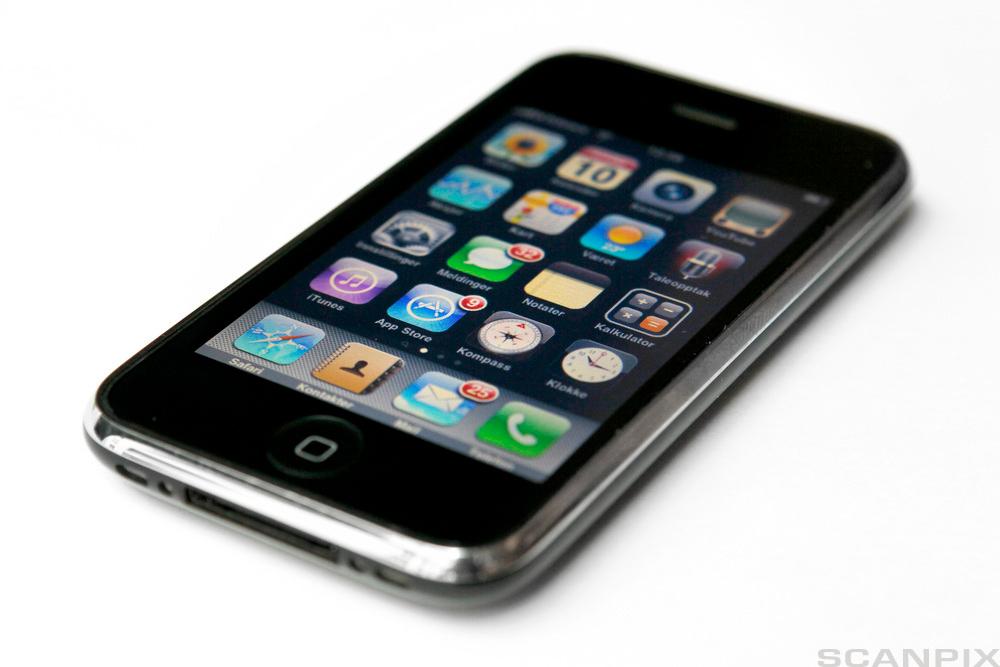About Nouns

A noun is a word that refers to a person, a place, a thing, a substance, an event or a feeling/phenomenon
For example: Norway, Sarah, letter, car, water, air, fun, love
Nouns can be concrete things, such as Norway, letter and Sarah or they can be abstract, such as fun and love.
Task: Copy the text below into your text editor and mark all the nouns.
It is Sunday. On Sundays my family eats breakfast together. We eat late. We have cereal and bacon and egg, which is cooked by my father, and lots of toast. My father is an engineer, but he enjoys cooking and music. There is always music in our house. After breakfast, we often go for a long hike in the fresh air and sunshine. But this particular Sunday, the wind is blowing and there is snow on the ground, so I am looking forward to staying at home and playing games on the computer.
Proper nouns include the names of people, countries, places, weeks, months, holidays, religions, languages, events. They are written with a capital letter.
Common nouns: Other nouns, such as car, letter, fun, are common nouns.
Can you recognise the proper nouns here: Proper Nouns and Common Nouns 1?
In general the plural of a noun is formed by adding s, for example letter - letters. But, of course, in English there are exceptions to this rule. Here you will find an easy overview of Plurals of Nouns, read it carefully and then try this task: Plural Noun Game.
Countable nouns: refer to things which can be counted, and can form plurals, for example, letter/letters, car/cars, egg/eggs. Countable nouns can be used with a/an - a letter, a car, an egg.
Uncountable nouns: refer to things which are not normally counted and therefore have no plural form, for example, air, fun, love, bread, information, furniture. A/an can not be used with uncountable nouns - Love is all around. We need air to breathe. We eat bread for breakfast.
Can you recognise which nouns are countable and which are uncountable, Countable and Uncountable Nouns, Game?
Read more about the rules for countable and uncountable nouns here: Countable and Uncountable Nouns.
Shopping lists will always include nouns. Choose one of the following lists and translate it into English or make your own list with 8 items from your trade.
Here is Nina's list: melk/mjølk, fløte/fløyte, brød, melis, kornblanding, bananer,/bananar, ananas, aviser.
Here is Per's list: skruer/skruar, smøreolje, skrutrekker/skrutrekkjar, tang/tong, hansker/hanskar, spiker/spikar, målebånd/måleband, lim.
Choose 10 - 15 nouns about travel/holidays. Use the verbs below + any others you need and make a short story.
- run
- laugh
- fly
- sleep
- enjoy
- relax
What have you learned about nouns? Sit in pairs and tell your partner.